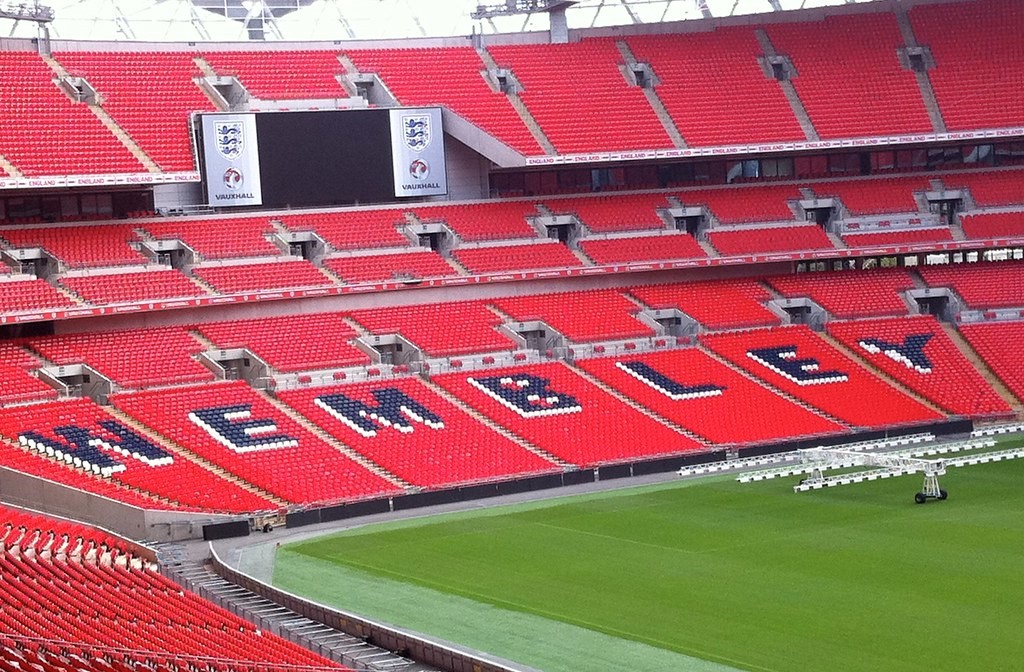News that the 2023 Epsom Derby has been forced to change its start time has divided the racing community. With the FA Cup final having been brought forward, the UK’s biggest flat race has had to follow suit.
Former Derby-winning jockey John Reid was among those to voice their concerns. The man who rode Dr. Devious to victory in 1992 asked why the race had to ‘bend over’ for everyone else. It’s a debatable issue and one that brings the marketing of the Epsom Derby into focus.
How racecourses use TV
Nowadays, there are very few television ads for the biggest horse races. Less than 20 years ago, it wasn’t unusual to see TV advertising of some of racing’s major meetings, but this promotion is now largely left to ITV Racing to promote within its own coverage. Even the Grand National appears to be complacent, expecting every racegoer and casual punter to know the date and time, which is perhaps justified, given a full house at Aintree on the Saturday. On the other hand, many other sports take a more proactive approach, ensuring that dates and times are clearly listed on their host TV channels. Many industries utilise paid advertising as a vital part of their marketing strategies by extending their visibility to broader audiences. As a strong example, the betting companies continue to make use of broadcast mediums as the current MrQ TV ad underlines.
When potential racegoers head online, there are some related advertisements on specific websites, but there is little to target the casual spectator. Epsom Racecourse may be full to capacity next month, while millions more will watch on television, but the enforced new start time suggests that the sport needs to be more aware of its wider public profile.
Derby & FA Cup alter timings
For the record, the date for the 2023 Epsom Derby is unchanged and it will go off on Saturday, June 3rd. The start time, however, has been brought forward to a much earlier 1.30 pm. Along with the big race, the FA Cup final will also begin at an earlier time. Due to safety concerns, The FA confirmed that the football match will kick off at 3 pm for the first time in 12 years.

It’s unusual for the English domestic season to run into June, and this is due to the scheduling of the 2022 World Cup in Qatar. Because the tournament forced a mid-season break around Europe, leagues and knockout competitions have been playing catch up ever since. The earlier running of the Epsom Derby may, therefore, be a one-off, but should the organisers be aware of a need to raise the event’s profile?
Do we need to hear more about the Derby?
Discussion over changes to dates and times, as covered by The Guardian, are nothing new as far as the Derby is concerned. As recently as 2002, the race was held on the first Wednesday in June, and as a result, attracted considerable coverage where it wasn’t competing against football or cricket. The switch to a Saturday was made in recognition of changing customer habits, and an eagerness to win back big crowds, but broadcasting on Saturday now brings it into competition with mainstream sport and a crowded schedule. Serious horse racing fans will need no reminder as to its current scheduling, but the success of major marquee events in the calendar relies upon “passing trade” from occasional racegoers who aren’t familiar with every form line back to 1958.
Of course, the sport has been here before. When Channel 4 held rights to British racing, the Derby had to share coverage with test cricket on Derby Day for a year or two. It’s part of a creeping marginalisation of the sport over many years. And more recently, this past weekend’s fixtures ensured no meeting started before the Coronation procession was concluded.
You could reasonably ask why this has anything to do with racing at Stratford. Different code of racing, different location…. where are the similarities? The big race fixtures are important to the sport at large, as they grow the total audience, its wider engagement with the sport, and the betting revenue that is shared by all. It’s not unusual for our fixtures to run in tandem with major fixtures elsewhere, and the exposure of star horses and riders allows a broader interest to permeate down to the grass roots. So we care.
The Epsom Derby hit the news headlines at the end of April because of the change of time. While many were not happy about the situation, there’s a train of thought that all publicity is good publicity, and that maybe it’s been a positive move. Those that rely on marketing to keep in touch with the public consciousness will certainly be happy with the media column inches. The betting industry and TV broadcasters should welcome the change.
